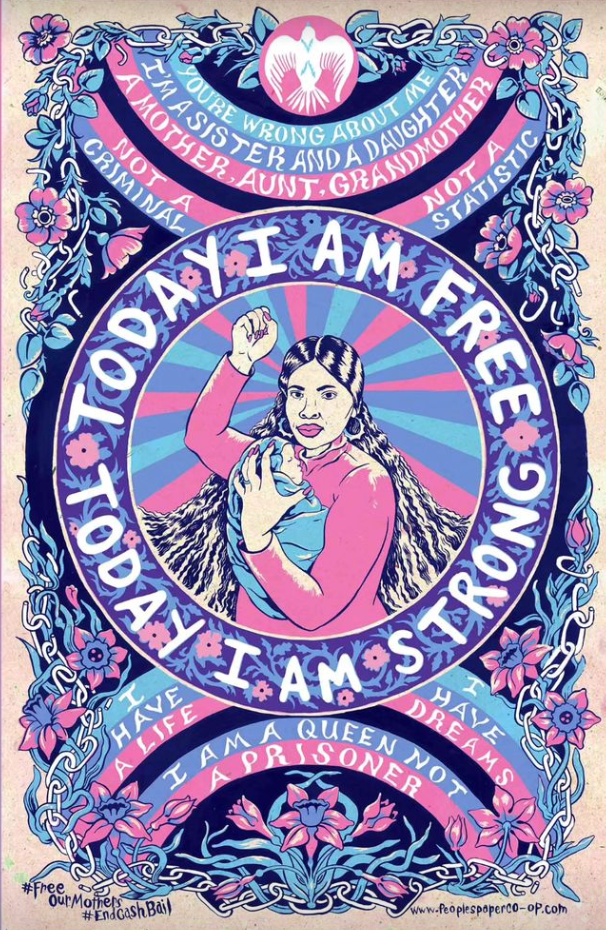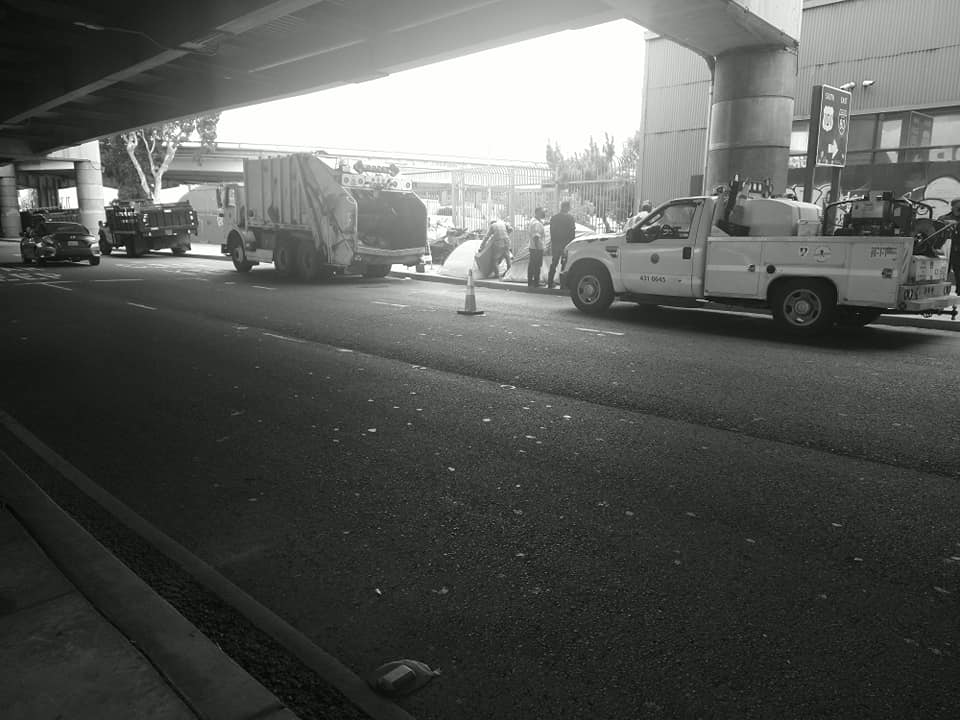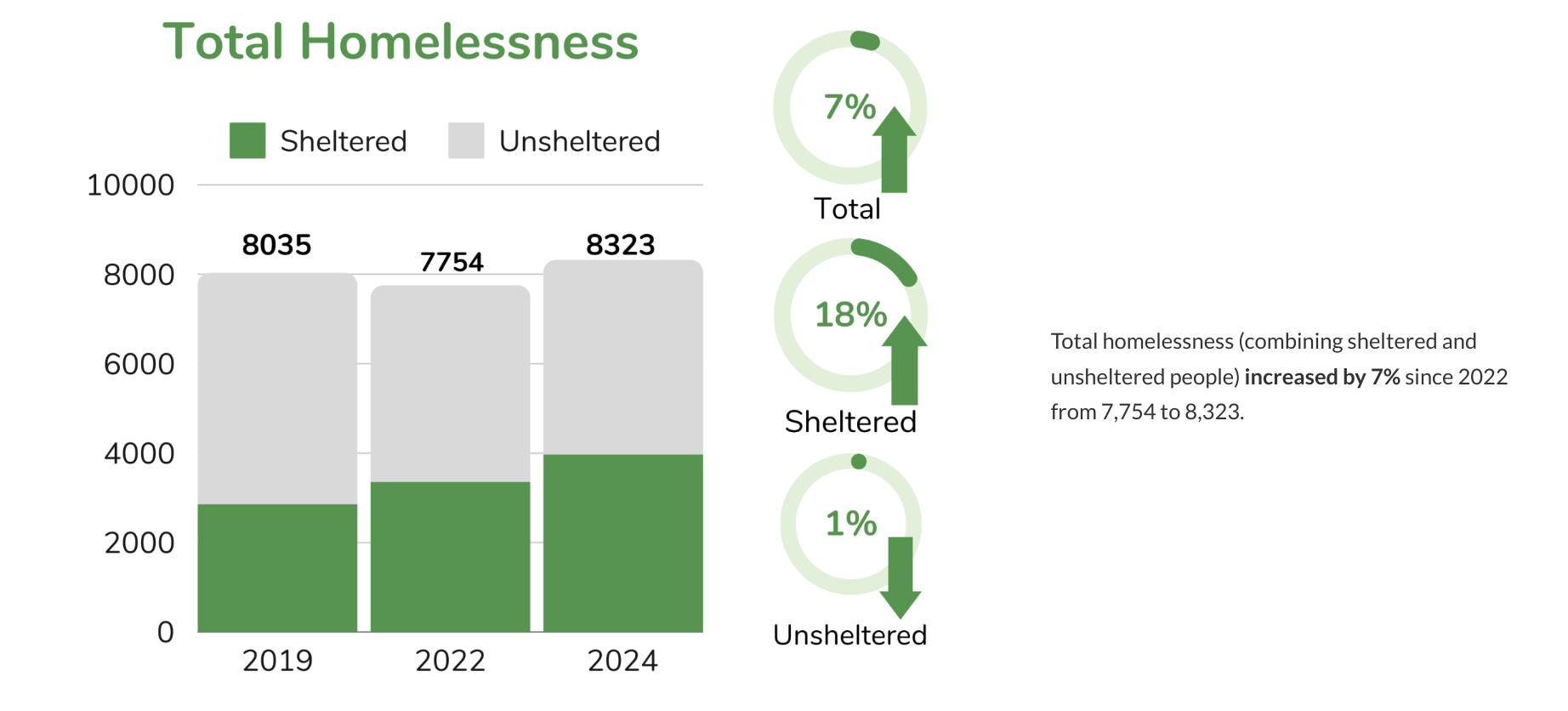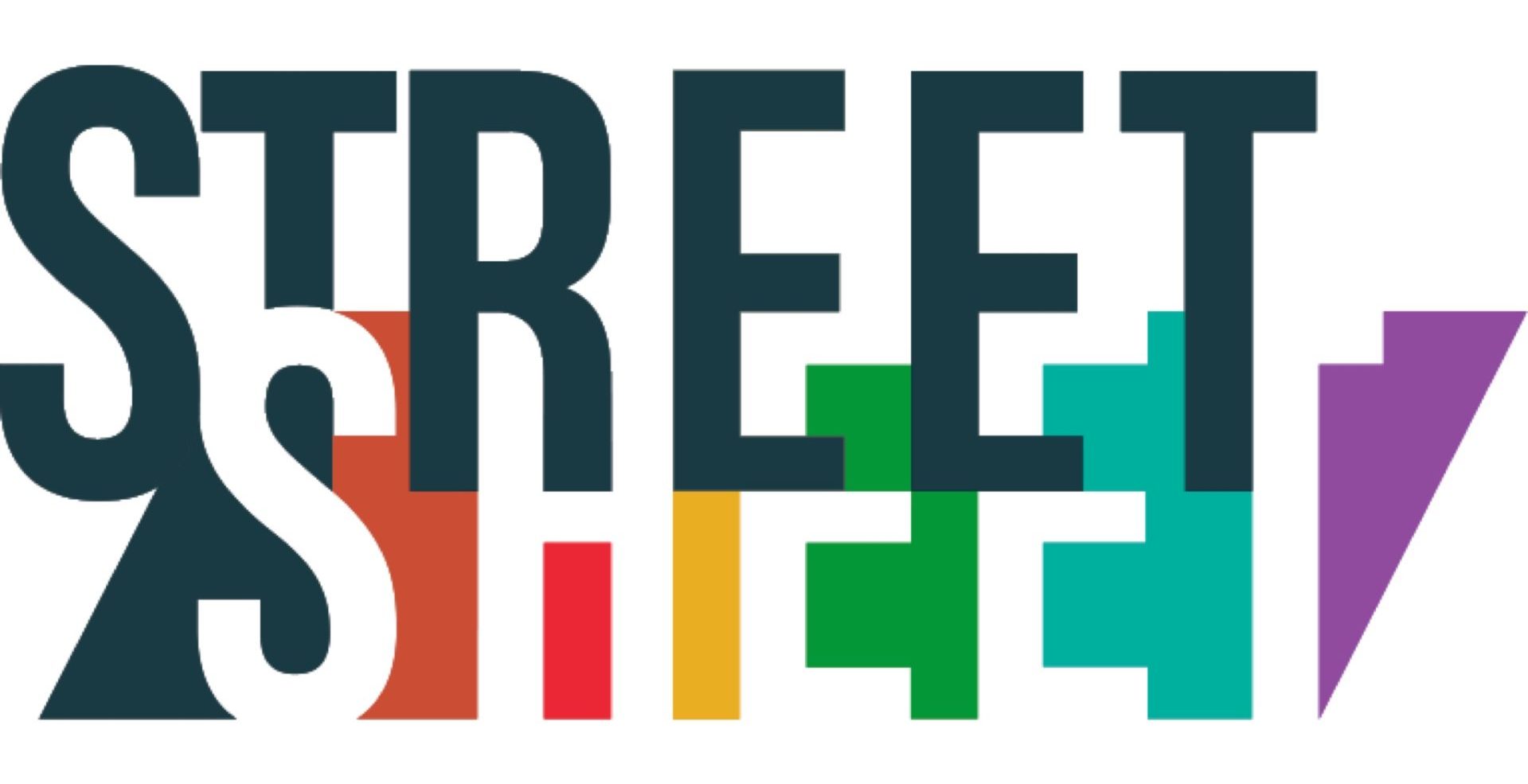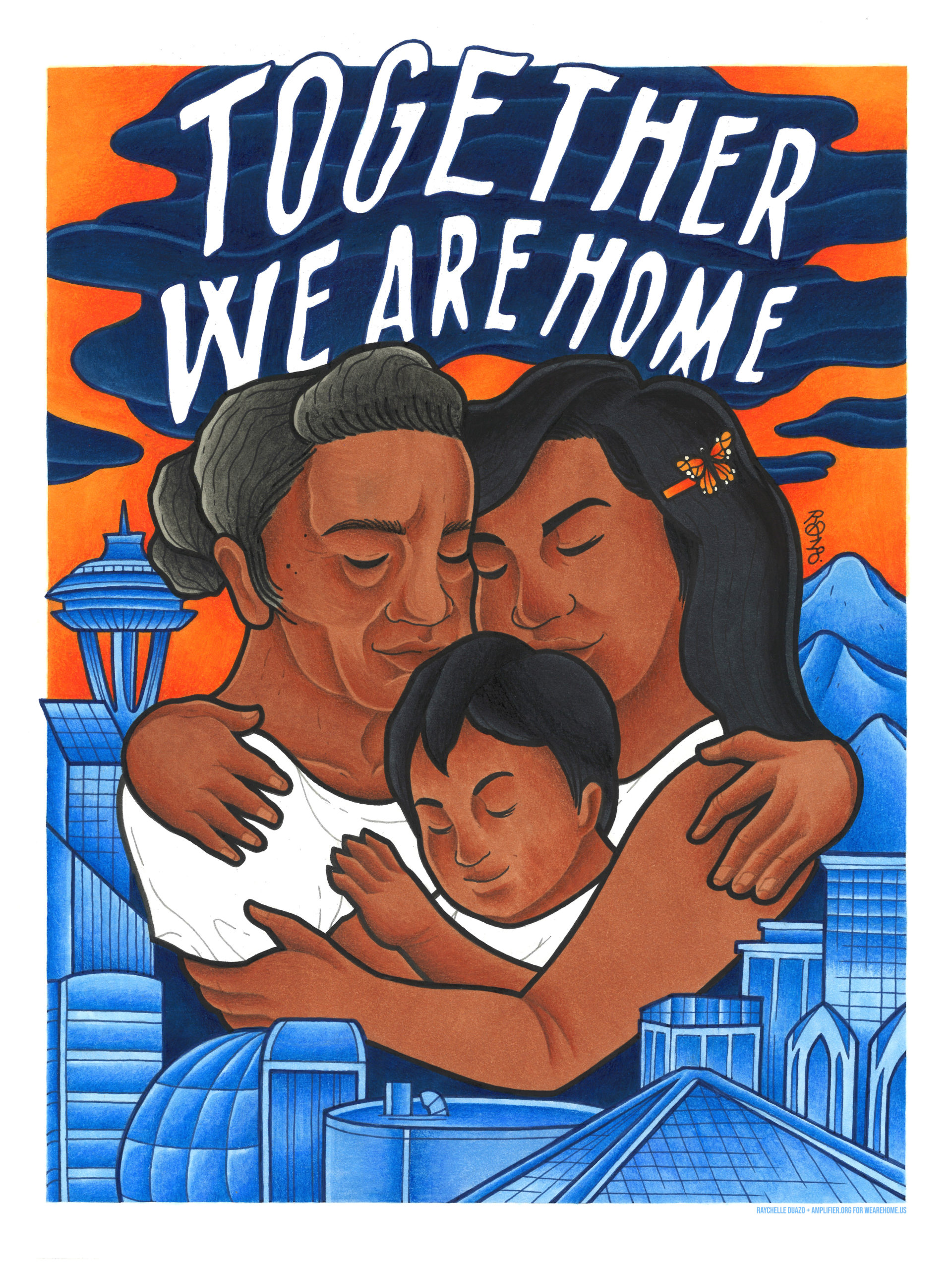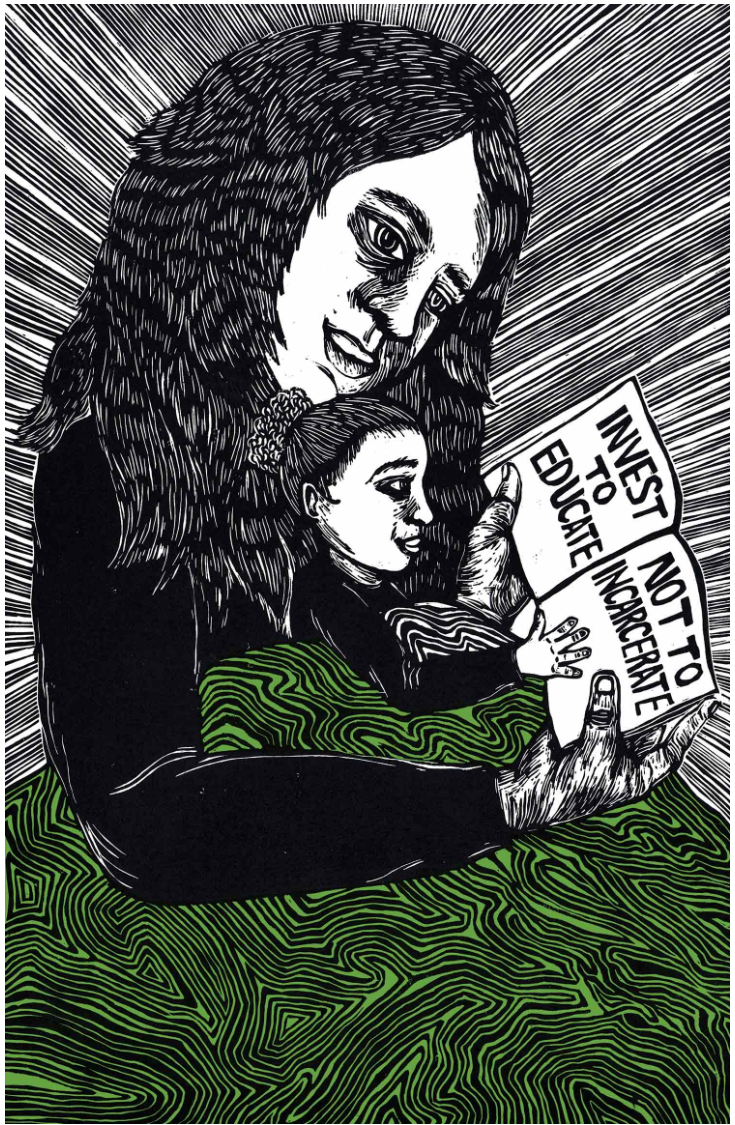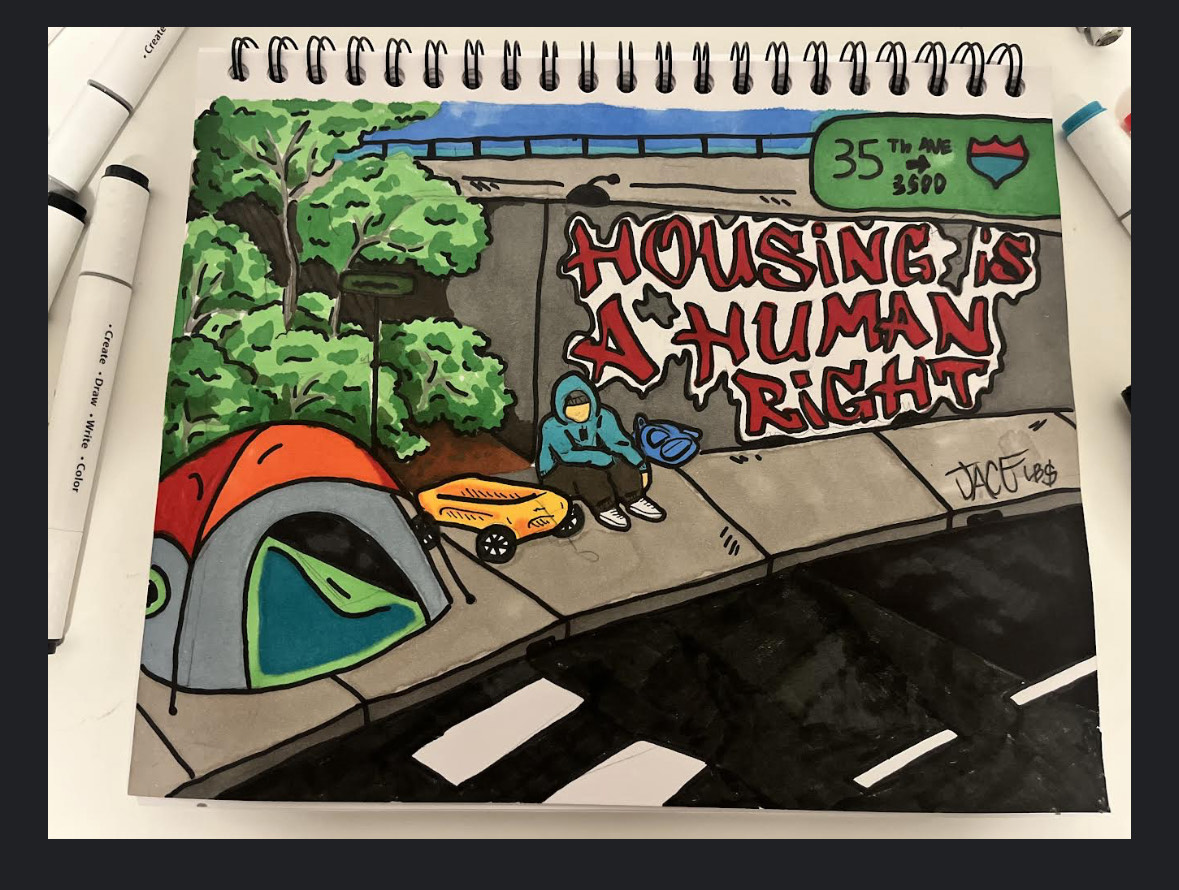by Solinna Ven, Renee Tian and Eliza Cieutat
Mayor London Breed’s budget proposal for fiscal years 2024-25 and 2025-26 has sparked significant controversy and is raising important questions about the city’s direction in addressing public safety, social services, and community well-being.
At the heart of Mayor Breed’s budget proposal is a notable increase in funding for law enforcement agencies, including the Police and Fire departments, District Attorney’s office and the Department of Emergency Management.

